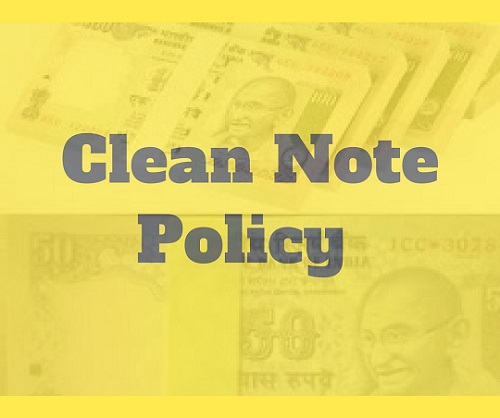
The Supreme Court of India has granted the Union Government one final chance to file its reply to a Public Interest Litigation (PIL) alleging the exchange of currency notes defaced by Kashmiri separatists at an RBI branch in Jammu and Kashmir. This case has sparked significant legal and public debate, centering on issues of national security, the RBI’s regulatory mechanisms, and the role of separatist propaganda.
Understanding the PIL Allegations
The PIL alleges that defaced currency notes bearing separatist slogans or symbols were exchanged at an RBI branch in Jammu and Kashmir. Such acts could undermine the nation’s financial integrity and propagate anti-national sentiments.
The claims also question the adherence of the Reserve Bank of India to its own Clean Note Policy, which mandates the withdrawal and destruction of defaced currency to maintain public trust and security.
Supreme Court’s Directive
During the most recent hearing, the Supreme Court expressed dissatisfaction with the Union Government’s repeated delays in responding to the allegations. The court emphasized that this would be the final opportunity for the government to provide a comprehensive response.
Key Details:
- Initial Filing: The PIL was filed earlier this year, raising concerns over systemic lapses in the RBI’s handling of defaced currency.
- Judicial Remarks: The court stated that the issue involved both legal and national security dimensions, necessitating an urgent and thorough examination.
Implications for the RBI and Governance
- Institutional Accountability: If proven, these allegations would highlight significant lapses in RBI’s regulatory oversight.
- National Security Concerns: Currency defacement linked to separatist agendas could facilitate propaganda or illicit activities.
- Judicial Oversight: The case demonstrates the judiciary’s critical role in ensuring institutional compliance and addressing sensitive national issues.
RBI’s Clean Note Policy
The RBI’s Clean Note Policy prohibits the circulation or acceptance of defaced currency notes. As per the guidelines, defaced notes must be segregated and destroyed to prevent their misuse. The allegations in the PIL suggest a breach of these rules, raising questions about operational diligence at the affected RBI branch.
Broader Repercussions
This case is pivotal in defining the standards for handling sensitive matters involving national security and financial governance. The Union Government’s response is expected to set a precedent for similar cases in the future.
The Supreme Court has scheduled the next hearing for this matter, and failure to file a reply could result in stricter judicial action against the authorities involved.
- Learn more about the RBI Clean Note Policy
- Updates on the PIL: Read here
This matter underscores the importance of institutional accountability and vigilance in safeguarding the nation’s financial systems. Further developments will shape the broader narrative of governance and national security.
#TrendingNow #InspirationDaily #ExploreMore #LifestyleTips #InTheNews #DigitalAge #Insights #Innovation #BehindTheScenes #WorldView #Digital #forensic #postyhive
Read more on our more trending special page













